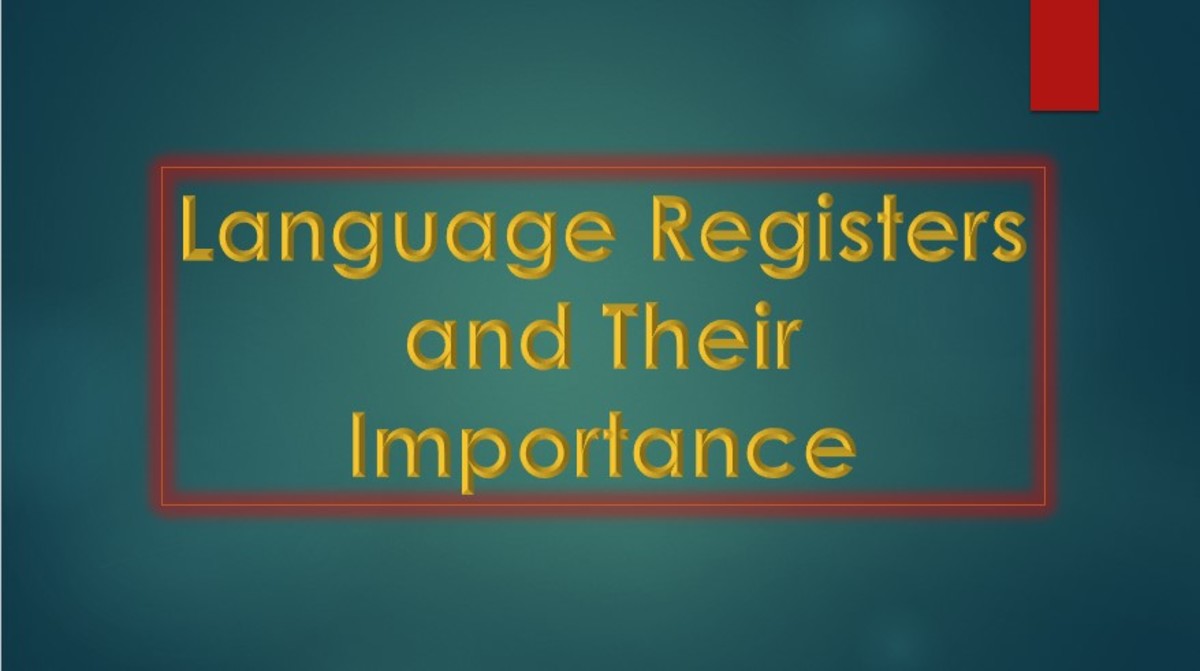Libraries and Funding Issues

Funding issues. They’re one of the biggest challenges any library today faces, one of the most difficult obstacles to overcome when they hit, and one of the most dangerous things to navigate around– issues that can even prove fatal for any library in the worst of circumstances. We see these issues cropping up to threaten the libraries of today– especially now, when funding for education is becoming steadily scarcer, cash being funneled instead into other, less critical projects and areas. How are the libraries of today dealing with this? In many ways. From the low impact to the more direct, slash-and-burn methods that corporations use to stay afloat through tough times, libraries are trying to weather the storm and survive in the face of a monetary emergency unlike anything we’ve seen in a long while, if ever before.
So why are libraries so low on the pecking order when it comes to funding? There are a number of reasons– perhaps foremost among them is the fact that the information age we’re pushing steadily deeper into is quickly rendering them obsolete as information nexi. Sure, computers are part of the library experience and have been for a long while, but as the number of internet-capable computers per household increases, how many people are going to make the physical journey to the library when practically everything they need is already accessible at home? Certainly books still have their uses, but with major projects working to convert every piece of literary work to a widely-accessible electronic format and the more recent increases toward a “green” trend, even the experience of reading from a real, paper-and-glue book is starting to look old fashioned.
This challenge is especially interesting to me because I love libraries and the concept behind them, and I spent a lot of my youth in them, but I rarely use them anymore because all of the most up-to-date facts and info in regard to just about any subject are available online and aren’t hard to find. In the time it takes to drive (or walk) to the library, the average person could visit any number of websites and get whatever research they need to do done quickly and efficiently. A good deal of novels are also available online as E-books, (most, if not all the classics as well) which means about the only kind of books you have left that wouldn’t be available are picture books (or books with minimal reading, meant for children), audiobooks (though some websites do cater to these) and a handful of novels not available as ebooks due to newness or preferences of the publisher/author.
So how can libraries survive in the face of the kind of drop in cash support that we’re seeing today? Well, for starters, let’s look at some of the other libraries in the state for examples of what could be done. Most of the steps that are being taken to counteract the funding crisis right here, right now involve quick and easy solutions to cut costs as opposed to the formulation of strategies that focus on raising money. Chief among these is the layoff of staff, reduction of services, and lastly, the closing of physical locations, whether they be branches of, or main libraries themselves. Some libraries have even gotten involved in some pretty heavy borrowing, with city funds going to construction and maintenance of libraries instead of equally critical areas such as the funding and maintenance of roads and public works. Obviously, working into the negative is not a sustainable option– there are only so many workers you can lay off, only so many services you can cut, and only so many physical locations you can close, with those who borrowed left out in the cold, owing cash they can’t possibly afford to pay back. This is not an option– it’s just prolonging the inevitable. The two best options at this point are simple ones– finding a way to raise money or changing the way we do things altogether.
How does this work? How does it apply to the future? Well, let’s focus on the two, almost incongruent and irreplaceable aspects of the modern library– public access to the internet and preserving the knowledge contained in books for public access. Giving the library an online branch where texts can be stored (and viewed) electronically to supplement the physical branch is a start in the right direction, but one we’ve yet to see wholly implemented as yet due to copyright issues and other corporate scares. Consider also the library’s possible role as museum or reliquary, a place where books are kept in physical form for historical value. Lastly, consider the need for public access terminals– if funding could be secured for all three of these separately, whether from a government or private source, it could give libraries the edge they need to persist, a veritable triumvirate of functioning sectors or public agencies/entities that would operate separately and yet as a whole, breathing new life into a system that could suddenly become not only more efficient, but also more sustainable than it has ever been before.
Now, you’re probably asking yourself: “would any of these ideas, present or future, work in my community for a library short on funding?” It depends– how ready are we for change? Can the staff of any given library handle an upgrade of the caliber of which I’m talking, or will they have to rely on fundraising (at best) and cuts (at worst) to save or generate money? It all takes money, and if we’re already in a financial crisis, making massive changes that cost money isn’t likely to be on the books. I think instead of asking ourselves “what strategies are available to save libraries and do these strategies work in this case,” we need to be asking ourselves what we can do, as people and concerned citizens, to save our libraries from disappearing under the waves of financial hardship– forever.








